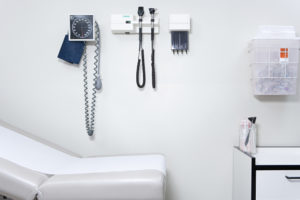Automobile product liability lawyers already knew that Toyota’s litigation strategy includes blocking access to data stored in its vehicles’ on-board black box, also known as Event Data Recorders (EDRs). Toyota’s duplicity has included:
– refusing to produce key information stored on the EDR
– prohibiting everyone in the country from downloading EDR data except the one Toyota expert whose laptop contains the proprietary software needed to read the data following a crash
– when ordered by a court to provide the data, either settling to avoid production or producing only a paper printout with key columns left blank.
The Associated Press has uncovered another layer of deception. Toyota admitted to the AP that its EDRs record data from five seconds before until two seconds after an air bag deploys, and that such data includes"data on the brake’s position and the antilock brake system," both key issues in sudden acceleration lawsuits. This admission is significant in light of Toyota’s position in two wrongful death lawsuits involving sudden unintended acceleration. In a Texas case, police requested the EDR data from a 2008 Avalon that crashed through a fence, struck a tree, and kept going into a pond. The police received from Toyota an EDR readout listing as "off" any information on acceleration or braking. In an Indiana case, the driver claimed before she died that she stood on the brake pedal with both feet but could not stop her 2003 Camry. Her family was told by Toyota that there was "no sensor that would have preserved information regarding the accelerator and brake positions at the time of impact."
Toyota’s EDR system has been in use since 2001. It admitted to the AP that the EDR records "data on the brake’s position adn the antilock brake system." So why did the readout produced to the police in the Texas case say "off" with respect to information on acceleration or braking? The plaintiff lawyer in the case contends that Toyota may have deliberately stopped allowing the EDRs to collect acclerator and braking data so that it would not be forced to produce such data in court cases.
It’s time to aks Mr. Toyoda some tough questions.










Comments for this article are closed.